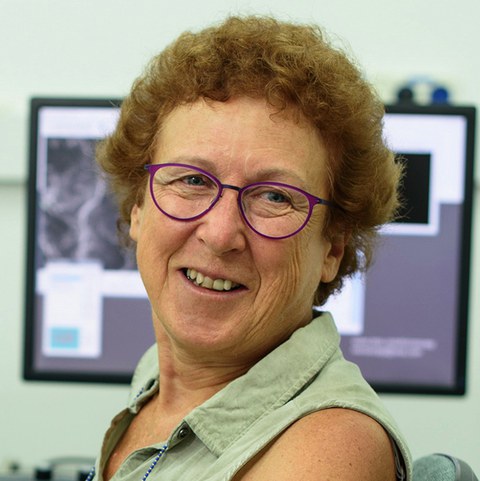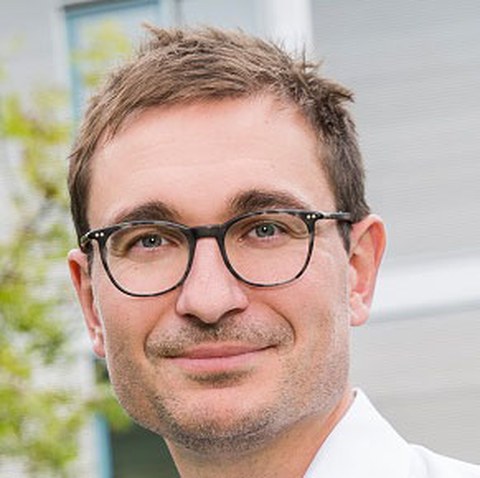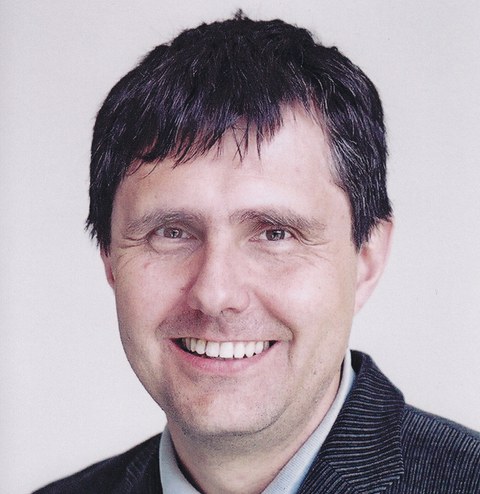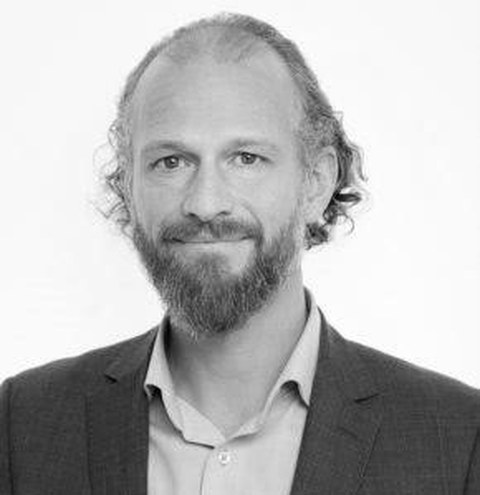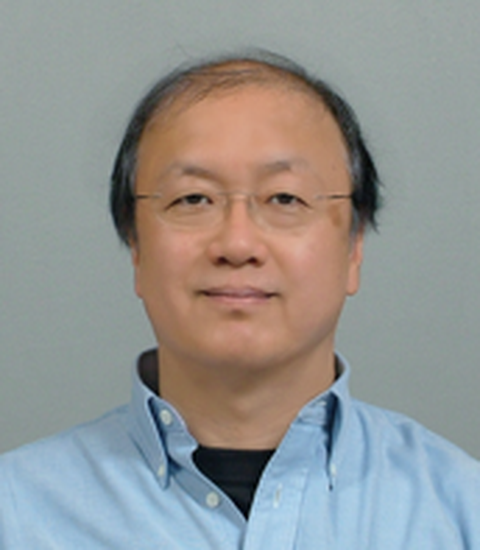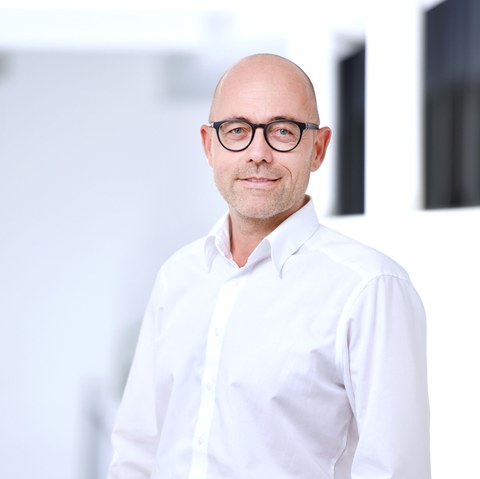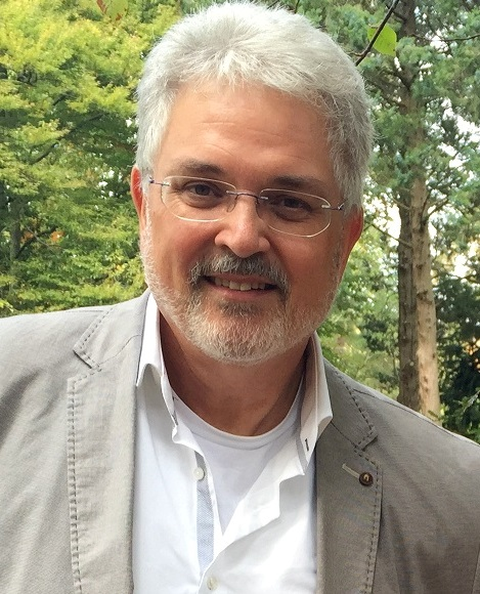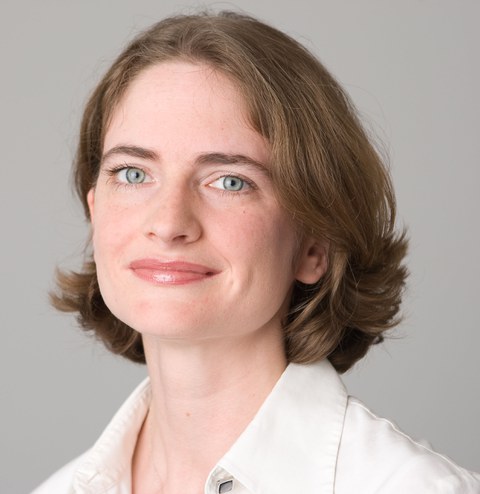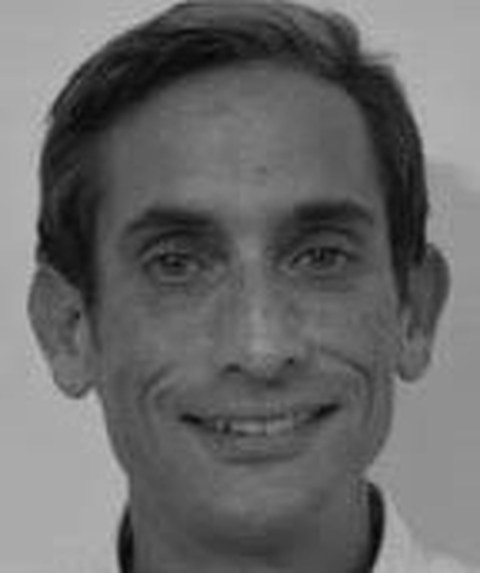Scientific Advisory Board
The mission of the Scientific Advisory Board is to provide visionary guidance for the development of the research center and to critically assess its scientific performance. Thus, the board plays an important role in strategically focusing the research directions. The members of the Scientific Advisory Board meet every two years and are in regular contact with the management of B CUBE in order to provide advise on its thematic and structural development.
Lia Addadi
Lia Addadi obtained a Laurea (MSc) in Chemistry and a PhD from the Weizmann Institute of Science in Rehovot, Israel. She joined the Weizmann Institute in 1983. She received the Prelog Medal in Stereochemistry and the Aminoff Prize by the Swedish Royal Academy of Sciences.
Lia Addadi addresses questions related to the formation of crystals in organisms, either fulfilling a physiological function, or pathologically induced. She studies the interactions between crystals and their biological environments.
Tobias Erb
Tobias Erb is Director at the MPI for Terrestrial Microbiology in Marburg. He studied Chemistry and Biology at the University of Freiburg and the Ohio State University. After stays at the University of Illinois and ETH Zürich he moved to the MPI in Marburg, where he became director in 2017. His research centers on the discovery, function and the design of novel CO2 converting enzymes and their use in engineered and artificial photosynthesis, as well as the design and realization of synthetic chloroplasts and artificial cells.
Peter Fratzl (Chair)
Since 2003 Peter Fratzl is director at the MPI of Colloids and Interfaces in Potsdam-Golm, heading the Department of Biomaterials. He holds honorary professorships at Humboldt University Berlin (Physics) and University of Potsdam (Biomaterials). His research interests include structure function relationships in biological and biomimetic materials, bone and mineral research with biomedical applications, and mechanical properties and modeling of composite materials.
Fredrik Frejd
Fredrik Frejd is adjunct professor at Uppsala University, Sweden, with a special focus on development of minimized tumor targeting agents based on small proteins. He is also CSO of Affibody AB, a biotech company developing a novel class of affinity proteins based on a compact three-helical bundle protein domain. Molecular evolution and large synthetic phage display libraries are used to generate novel affinity tools for applications in proteomics, affinity purification and in vitro biosensor diagnostics.
Akihiro Kusumi
Akihiro Kusumi is a professor at Kyoto University. His research combines the disciplines of single molecule nanobiology and biophysics, cell biology and neuro-science. Research interests include the mechanisms of signal transduction in the cell membrane, the dynamic structure and function of the plasma membrane including the membrane skeleton and rafts, the mechanisms for the formation and plasticity of synapses and for the development of neuronal polarity, and the development of single molecule technologies that can be applied to studies of living cells.
Daniel Müller
Daniel Müller holds the chair of Biophysics at the Dept. of Biosystems Science and Engineering at the ETH Zürich in Basel. He is interested in the development and application of nanotechnological tools to characterize key molecular interactions driving processes in life and to manipulate these interactions to control living matter ranging from proteins to tissues. These methods allow, for example, to program neuronal cells in vitro and in vivo and to image cells at nanometer resolution.
Thomas Speck
Thomas Speck unites the Chair of Functional Morphology and Biomimetics with the directorship of the Botanical Garden at the University of Freiburg. His research interests include functional anatomy and morphology of existant and fossil plants as well as plant biomechanics. His research had a strong focus on functional ecology of tropical lianas and on the reconstruction of early land and seed plants. Since about 15 years, his research increasingly aimes at transferring material concepts and specific constructions from plants into novel bioinspired engineering materails and products.
Tanja Weil (Co-Chair)
After leading positions at the MPI for Polymer Research (Mainz), Merz Pharma-ceuticals GmbH, National University of Singapore and Ulm University Tanja Weil became one of the directors of the MPI for Polymer Research heading the department “Synthesis of Macromolecules” in 2017. Her research is currently focusing on dendrimer chemistry and dendritic hybrids, protein-based copolymers, tailored bioconjugation reagents for site-directed protein chemistry, chemically modified polypeptides as biocoatings and gene delivery vectors.
Geraint Wilde
Geraint Wilde attained a Ph.D. in Neuroscience in 1997 from the University of Southampton, after which he continued in his interest in neuroscience at the University of Warwick. Having developed an interest in microscopy, he moved to the University of Liverpool, UK, to work in the laboratory of Michael White, focusing on intercellular signaling and gene expression through live-cell imaging. He eventually pursued a commercial career in microscopy, focusing on a few different imaging solutions with different companies and joined Andor Technology in 2009, where he is now business manager for microscopy solutions.

